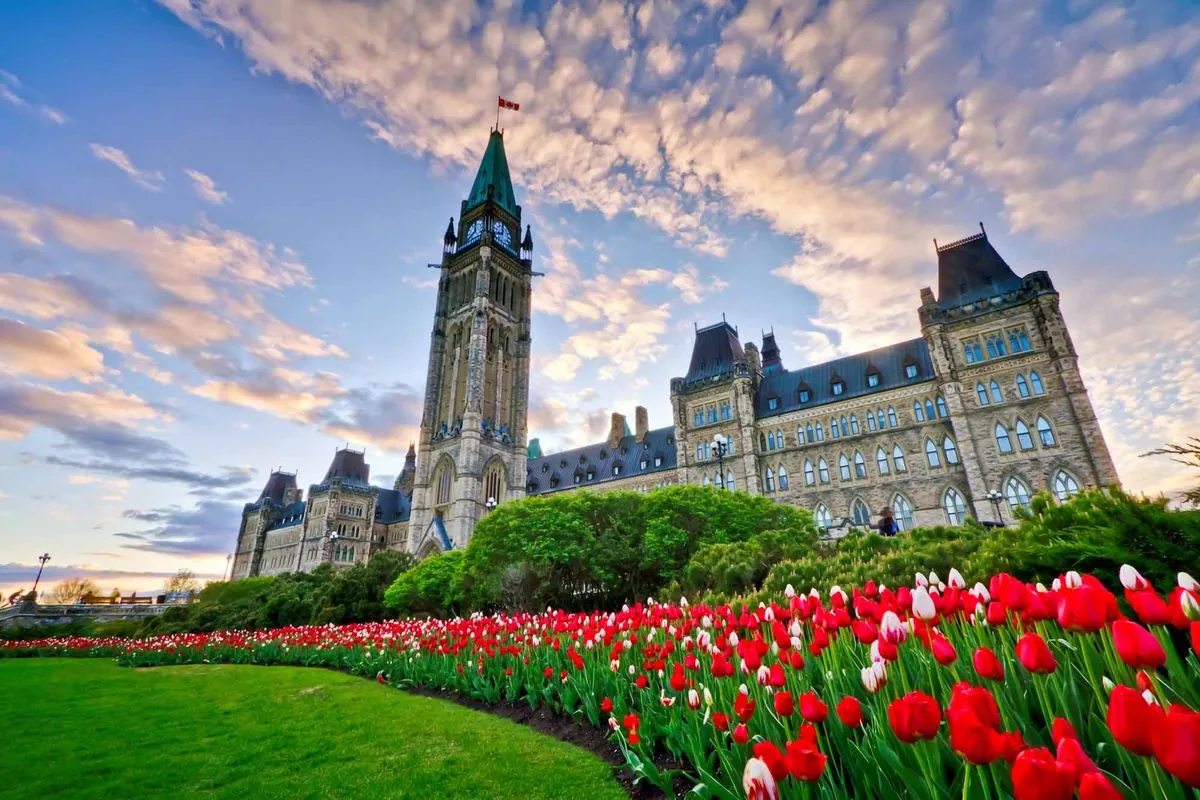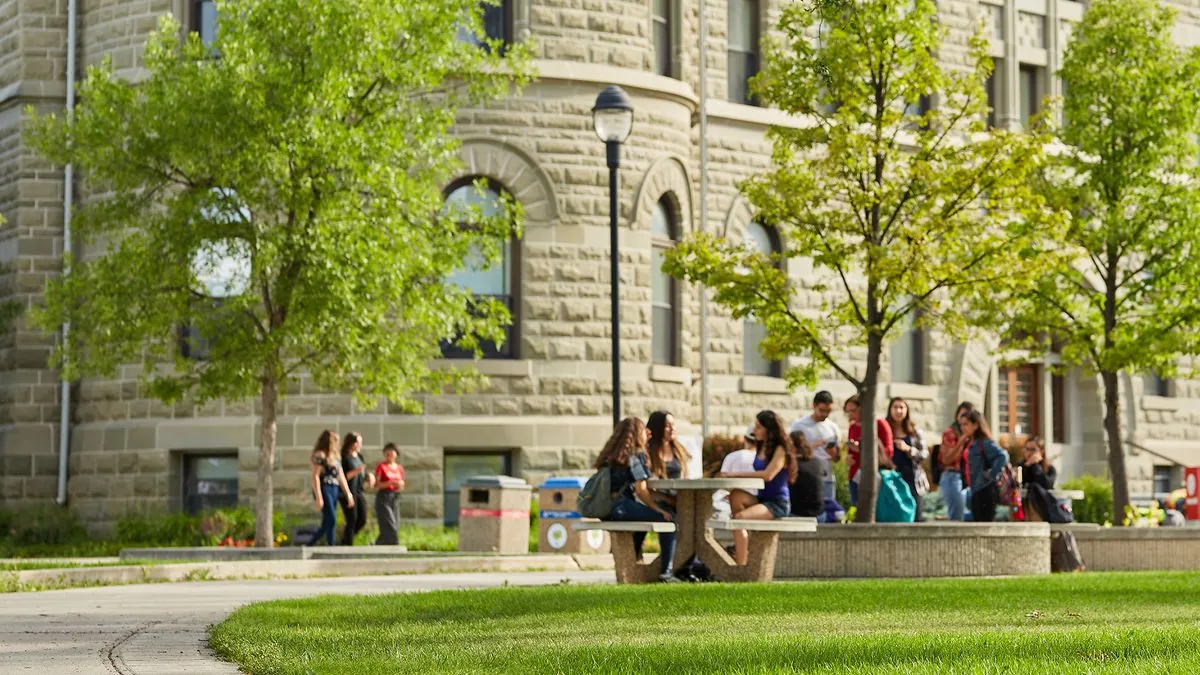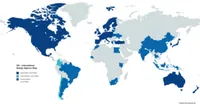Canada Tightens Foreign Student Permits Amid Immigration Overhaul
Canada announces significant reductions in study permits for international students and stricter work permit eligibility. The move aims to decrease the number of temporary residents amidst growing political and economic concerns.

In a significant policy shift, Canada has announced plans to reduce the number of study permits granted to foreign students and tighten eligibility for work permits. This decision, revealed on September 18, 2024, is part of a broader strategy to decrease the country's temporary resident population.
The Canadian government, led by Prime Minister Justin Trudeau, aims to issue 437,000 international study permits by 2025, a substantial reduction from the 509,390 approved in 2023. This change comes as Canada, the second-largest country by total area, grapples with balancing its reputation for welcoming newcomers and addressing domestic concerns.
Immigration Minister Marc Miller stated, "The reality is that not everyone who wants to come to Canada will be able to—just like not everyone who wants to stay in Canada will be able to." This sentiment reflects the government's efforts to manage immigration more stringently in a country known for its high per-capita immigration rates.

The policy changes extend beyond student permits. Work permit eligibility for spouses of some students and temporary foreign workers will be limited. Additionally, the government plans to review visa decision-making processes to enhance fraud detection and reduce non-genuine visitors.
These measures come as Canada faces various challenges. The country's population recently reached 40 million, and temporary residents constituted 6.8% of the total population in April 2024. While Canada boasts the world's ninth-largest economy by nominal GDP, it also grapples with housing affordability issues and increased living costs.
"The reality is that not everyone who wants to come to Canada will be able to—just like not everyone who wants to stay in Canada will be able to."
Critics argue that blaming migrants for economic issues is an oversimplification. They point out that Canada, with its universal healthcare system and high literacy rate of over 99%, has long benefited from immigration. The country's multiculturalism policy, adopted in 1971, has been a cornerstone of its national identity.
However, public opinion has shifted, with polls indicating growing concern about immigration levels. This sentiment is reflected in the political landscape, with the issue becoming contentious ahead of the federal election due by October 2025.
The government has already taken steps to address these concerns. In January 2024, a two-year cap was placed on international students. Earlier this month, the administration also reversed expansions to the temporary foreign worker program implemented in 2022.
As Canada navigates these changes, it must balance its economic needs, social fabric, and international reputation. The country, known for its high education standards and ranking among the world's top education performers, faces the challenge of maintaining its appeal to international talent while addressing domestic pressures.


































